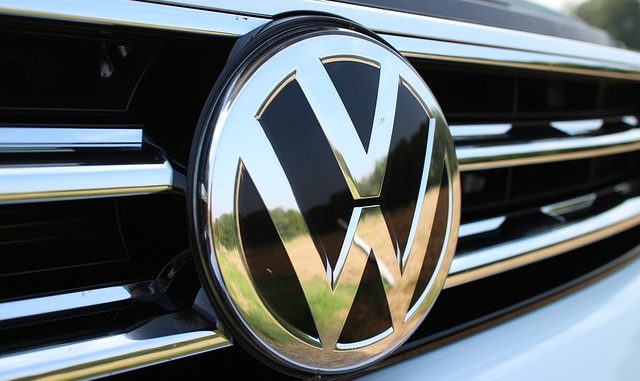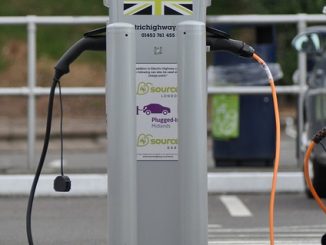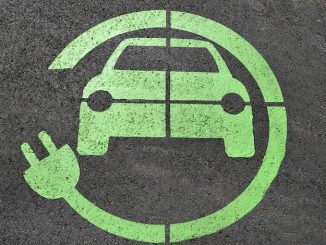
The biggest changes are often rooted in the most important crises. Volkswagen could be the last example. In early January 2019, after going through an unprecedented crisis, Volkswagen announced the creation of its subsidiary Elli, a support for its electric mobility policy.
Elli will not only provide electric vehicle charging stations and associated services to residential customers and businesses, but will also provide green electricity, whether or not the consumer is a Volkswagen customer, whether he owns an electric vehicle or not.
I consider this decision to be one of the most important, most revealing and most credible, taken in the field of energy for several decades.
But what drives Volkswagen to become an energy supplier? Why would it be more credible than a historical energy company?
For a car manufacturer, the design and production of electric vehicles has fewer technical barriers for a new entrant than thermal vehicles.
The protection barriers offered by the distribution networks are also threatened by new channels and new purchasing behaviors.
Volkswagen, like its competitors, must therefore build new barriers to secure its positions and activities.
In the residential market, and mainly the individual residential market ie the villas, the charging station of an electric vehicle becomes, with the hot water tank, the electricity-consuming equipment that has the highest power, that is to say the one offering the highest operating constraints.
The buyers of this charging station, owners of an electric vehicle, are rather attentive to their impact on the environment and are not limited to this single action: they install very often photovoltaic panels and aspire to be able to store their solar power production to use it at the charge of their electric vehicle. They build a “green” coherent action around energy.
This set of charging station – battery – PV panels becomes the heart of the electrical system of their home. The rest, white products and appliances for music, data and image, as well as lighting becomes anecdotal. The energy operation of the house must therefore be based on occupants’ mobility habits.
Through Elli, Volkswagen seeks to take advantage of this link between behaviors regarding mobility and energy operations in the house.
This movement highlights several points:
– The legitimacy of Amazon, Google, Microsoft in their incursion into the energy of the residential area seems less obvious to me because they mainly address the anecdotal part of the electricity consumption of a villa. Their legitimacy in terms of entertainment, security or comfort, three essential needs of the occupants of a villa, is of another order.
– Volkswagen responds to uses and needs pulled by the market and differs from offers pushed into the same market: its legitimacy is all the more important.
– The strategic impact of the work traditionally carried out by the energy companies on innovative topics such as flexibility, “smartisation”, storage, etc …, is much less than that of the movement proposed by Volkswagen.
The intelligence and strategic relevance of Volkswagen does not guarantee its future results: the execution will be decisive. But today we are observing the most threatening strategic move for traditional suppliers in residential, mainly individual.
It could well be a precursor to other disruptions that may happen in other market segments.
It will be increasingly risky for energy leaders not to take risks!
Subscribe to receive every quarter all articles of the blog: [sibwp_form id=2]




Leave a Reply